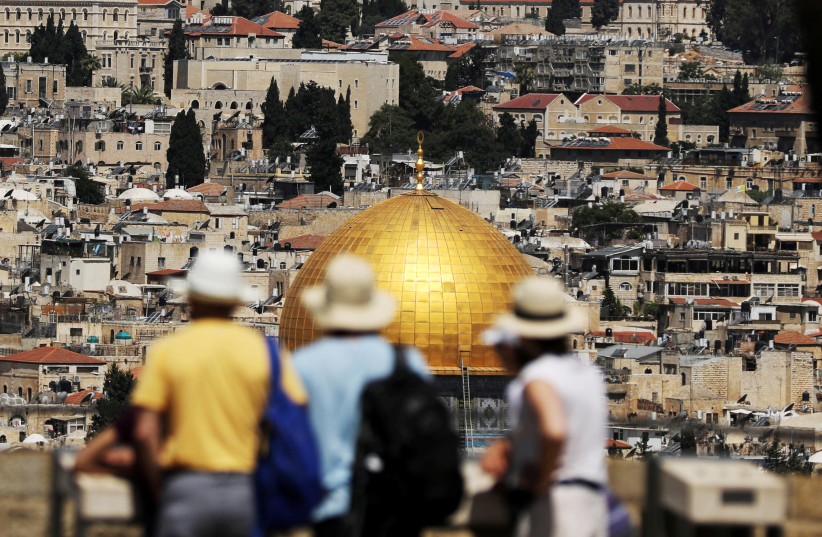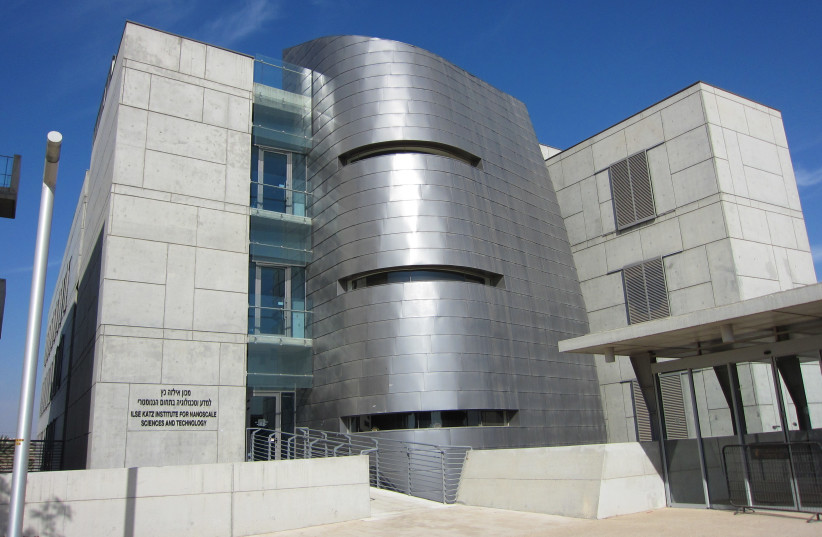 UE popiera Iran – czołowego kata dzieci na świecie
UE popiera Iran – czołowego kata dzieci na świecie
Majid Rafizadeh
Tłumaczenie: Małgorzata Koraszewska
 Europejscy przywódcy, których zdaje się nigdy nie męczyć świętoszkowate udawanie obrońców praw człowieka, prowadzą politykę obłaskawiania reżimu Iranu – czołowego na świecie kata dzieci i dorosłych (zdjęcie: iStock)
Europejscy przywódcy, których zdaje się nigdy nie męczyć świętoszkowate udawanie obrońców praw człowieka, prowadzą politykę obłaskawiania reżimu Iranu – czołowego na świecie kata dzieci i dorosłych (zdjęcie: iStock)
Unia Europejska nadal pomaga mułłom rządzącym Iranem w unikaniu amerykańskich sankcji przez politykę obłaskawiania, włącznie z wprowadzeniem mechanizmu nazwanego INSTEX. Te inicjały są skrótem Instrument in Support of Trade Exchanges [Instrument wspierania wymiany handlowej]; jest to mechanizm płacenia, który pozwoli europejskim firmom i korporacjom na kontynuowanie interesów z rządem irańskim mimo ekonomicznych sankcji USA narzuconych na Teheran.
Unia Europejska niedawno przechwalała się:
“Francja, Niemcy i Wielka Brytania poinformowały uczestników, że INSTEX już działa i jest dostępny dla wszystkich państw członkowskich UE, i że pierwsze transakcje już się odbywają”.
Innymi słowy, UE legitymizuje despotyczny, teokratyczny establishment poprzez handel i stosunki dyplomatyczne, jak również wzmacnia go, przez pomoc rządzącym Iranem duchownym w zdobyciu dochodów.
Europejscy przywódcy, których zdaje się nigdy nie męczyć świętoszkowate pozowanie na obrońców praw człowieka, prowadzą politykę obłaskawiania rządu, który jest czołowym na świecie katem i oprawcą dzieci — i dorosłych.
Niektóre ze straconych dzieci miały zaledwie 12 lat. Specjalny Sprawozdawca ONZ ds. Praw Człowieka w Iranie, Javaid Rehman, wskazał niedawno na alarmującą sprawę egzekucji dzieci i nastolatków:
“W 2018 roku było siedem zgłoszonych wypadków egzekucji dzieci. Wśród najnowszych wypadków, 25 kwietnia 2019 roku, dwoje nieletnich, 17 letnich dzieci, Mehdi Sohrabifar i Amin Sedaghat, zostało straconych w więzieniu Adilabad w Sziraz, w prowincji Fars. Obaj, według informacji, zostali zmuszeni do przyznania się torturami”.
Dwóch 17-letnich chłopców, którzy podobno nawet nie wiedzieli o wydanym na nich wyroku śmierci, wychłostano przed egzekucją. Władze irańskie nie poinformowały ich rodzin o zbliżającej się egzekucji. Później, Organizacja Medycyny Prawnej powiedziała rodzinom, by przyszły i zabrały ich ciała.
Warto zauważyć, że z powodu braku przejrzystości rzeczywista liczba dzieci straconych z wyroków islamskich rządów w Iranie, prawdopodobnie jest wyższa. Jak przyznała Amnesty International:
“Mamy szczegółowe informacje o 49 ludziach w irańskich celach śmierci, którzy mieli poniżej 18 lat w momencie domniemanego popełnienia przestępstwa. ONZ mówi, że jest przynajmniej 160 takich osób, których czeka egzekucja w tym kraju. W rzeczywistości, prawdopodobnie jest dużo więcej młodocianych przestępców w irańskich celach śmierci, jako że wykonanie kary śmierci w Iranie owiane jest często tajemnicą”.
Kodeks karny Republiki Islamskiej pozwala na dokonywanie egzekucji wieloma różnymi metodami, takimi jak powieszenie, ukamienowanie i pluton egzekucyjny.
W dodatku islamski kodeks karny Iranu pozwala na egzekucję dziewczynek od wieku 9 lat i chłopców od 15 lat. Niejasne zarzuty są na ogół przedstawiane przez aparat sądowniczy Republiki Islamskiej lub przez Sądy Rewolucyjne, a są nimi, między innymi, “prowadzenie wojny przeciwko Bogu“, (szerzenie moharebeh, “zepsucia na ziemi”), protestowanie lub “zagrażanie bezpieczeństwu narodowemu kraju”. Te oskarżenia można tak rozciągnąć, by pozwolić uznanie pomniejszych czynów, takich jak krytykowanie Najwyższego Przywódcy za przestępstwa, aby można było doprowadzić do egzekucji.
Chociaż Iran ratyfikował Konwencję Praw Dziecka ONZ, rząd nie uczynił żadnych starań, by zmienić kodeks karny kraju. Według działającej w Norwegii organizacji, Iran Human Rights (IHR), która ściśle monitoruje egzekucje w Iranie, kraj ten jest czołowym na świecie katem dzieci:
“Mimo ratyfikowania Konwencji Praw Dziecka ONZ, która zakazuje kary śmierci za przestępstwa popełnione przez ukończeniem 18. roku życia, Iran pozostaje największym na świecie wykonawcą egzekucji na nieletnich przestępcach. Według raportu IHR, irańskie władze dokonały egzekucji co najmniej 40 młodocianych przestępców od roku 2013”.
Obecnie rząd irański jest w trakcie procesu przygotowującego egzekucję trojga kolejnych dzieci. Ostatnio Amnesty International wezwała Iran, by wstrzymał egzekucję trzech kurdyjskich chłopców, Mohammada Kalhoriego, Barzana Nasrollahzadeha i Szajana Saeedpoura. Saleh Higazi, wicedyrektor Amnesty International na Bliski Wschód i Afrykę Północną, oświadczył:
“Władze irańskie muszą działać szybko, by uratować życie tych młodych ludzi. Niezatrzymanie ich egzekucji będzie kolejnym, odrażającym pogwałceniem praw dziecka w Iranie”.
Nie jest jasne, czy te egzekucje zostały wykonane.
Dwoma pozostałymi ulubionymi zajęciami UE, które także zdają się ich nigdy nie męczyć, jest stosowanie coraz większej cenzury oraz demonizowanie Izraela, jedynej demokracji na Bliskim Wschodzie, która rzeczywiście przestrzega praw człowiek. Czy ludność w UE w końcu dostanie mdłości z powodu pełnej hipokryzji świętoszkowatości ich mediów i ich polityków?
Majid Rafizadeh: Amerykański politolog irańskiego pochodzenia. Wykładowca na Harvard University, Przewodniczący International American Council. Członek zarządu Harvard International Review.
Zawartość publikowanych artykułów i materiałów nie reprezentuje poglądów ani opinii Reunion’68,
ani też webmastera Blogu Reunion’68, chyba ze jest to wyraźnie zaznaczone.
Twoje uwagi, linki, własne artykuły lub wiadomości prześlij na adres:
webmaster@reunion68.com



